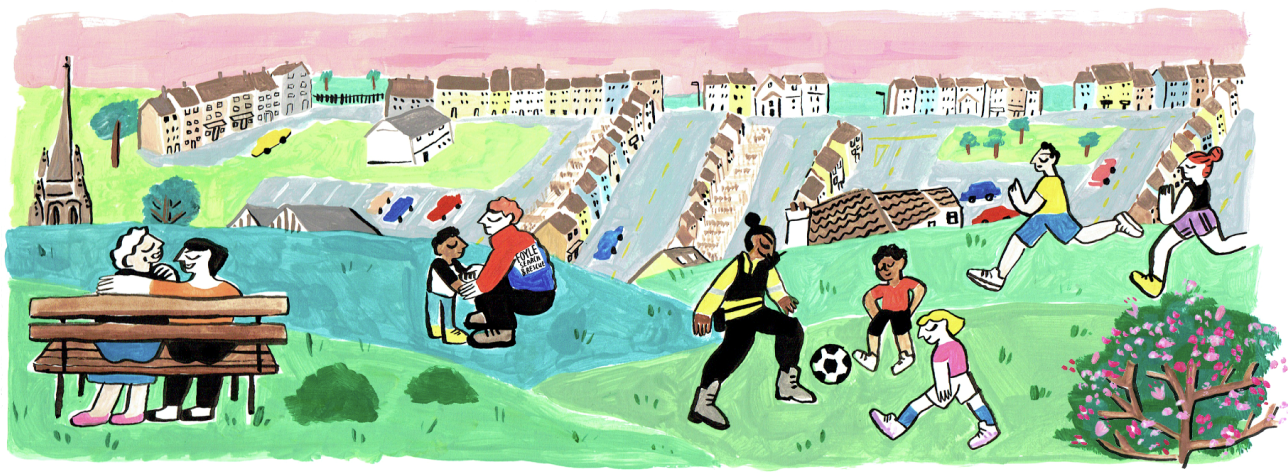
Do you need to talk to someone now? Do you need to talk to someone now?

In a time of heightened suicide concern its natural to feel lost and overwhelmed. The aim of ComKit is to guide you through the process and help you better understand every step, in how to remember a loved one and how to support those in need.
This is an extremely distressing time for families and it is important that everyone looks after their own wellbeing and those around them.
Do you know what to do in an emergency and who you need to call for help?
It is normal that people will experience emotional pain during this time. It is important to support those around us and those associated with a loved one.

Throughout the kit, there will be important points to share and discuss. Discussing such issues can encourage a better understanding of the topic.

In a time of heightened suicide concern, it can be confusing and frustrating to hear from so many different people. This information will guide you through the people and professionals you’ll hear from.

During the loss of a loved one, or when someone has gone missing, there will be a range of organisations and professionals who may be in contact. In situations like these, it can be confusing and frustrating to hear lots of voices when you just want your loved one back. However, these professionals are there to help and support and whilst it can sometimes seem like there should be more action, there is a clear process being followed. If this is unclear at any stage, ask for the process to be clearly explained.

When you or your family post on social media seeking volunteers, you become legally liable for them should they harm or injure themselves while out.

Friends and family are vital support at a time of heightened emotions. Having the right person or people to reflect the family’s wishes is important. A Family Advocate can act as a filter for all of those voices.
Social media can be comforting at first, but can grow into something difficult to control, leaving family and friends behind. Whilst it can be useful to connect with loved ones and remember, it can also be harmful to authorities, communities and other vulnerable people without everyone having the full information.

Memorials in public places can have a negative impact on vulnerable people and the community. There are other ways to remember in our guide here.
It is understandable that you and your family might feel the need to be at or near the location where your loved one went missing or was found. However, this can impede the work of the professional team and be a sign to other vulnerable people. It may be hard to digest, but gatherings can ultimately slow down the process. If you would like to organise a venue or location to bring people together, it should be at a place which is safe. This may be in a community or multipurpose centre, with the support of local agencies.
In order to ensure the safety of everyone else in the community, it is important gatherings or physical memorials (flowers, shoes, messages) are not placed near or at locations where your loved one went missing. This may have a negative effect on other members of the community and vulnerable people. There are many different ways of remembering (link to memorial page) a loved one. i.e. book of remembrance, charity fundraisers and special events.
Over the last decade there have been growing challenges around stakeholder and community communication during
and after a time of heightened suicide activity. Whilst there is plentiful information out there for families,
friends, communities and representatives during a time of heightened suicide concern, it is often text heavy and
difficult to digest, especially at a time of heightened emotions.
This can lead to frustration and communication
breakdown between families and friends of loved ones and agencies and community representatives, which in turn can
lead to unsafe messaging, media and memorialisation.
The project builds on challenges identified through the
‘Our Future Foyle’
and ‘Relink’
projects in Northern Ireland.
The voices you hear are from local people with lived experience of losing someone to sucide.
Urban Scale Interventions
has produced this tool with support from the Public Health Agency.
For more information contact:
cathal@urbanscaleinterventions